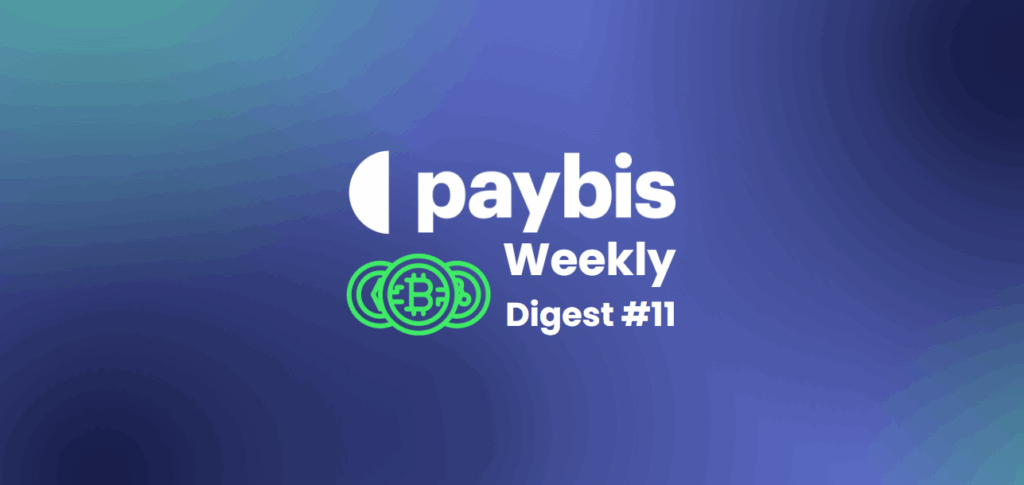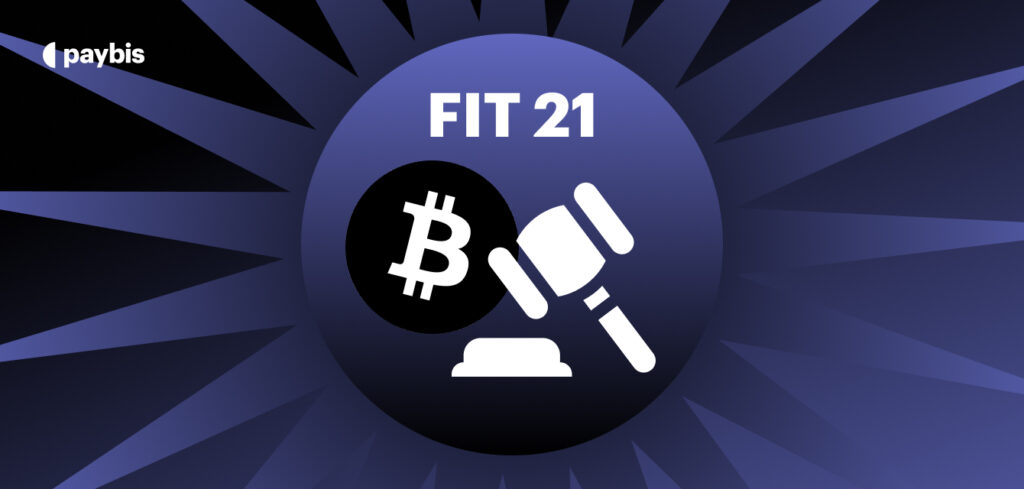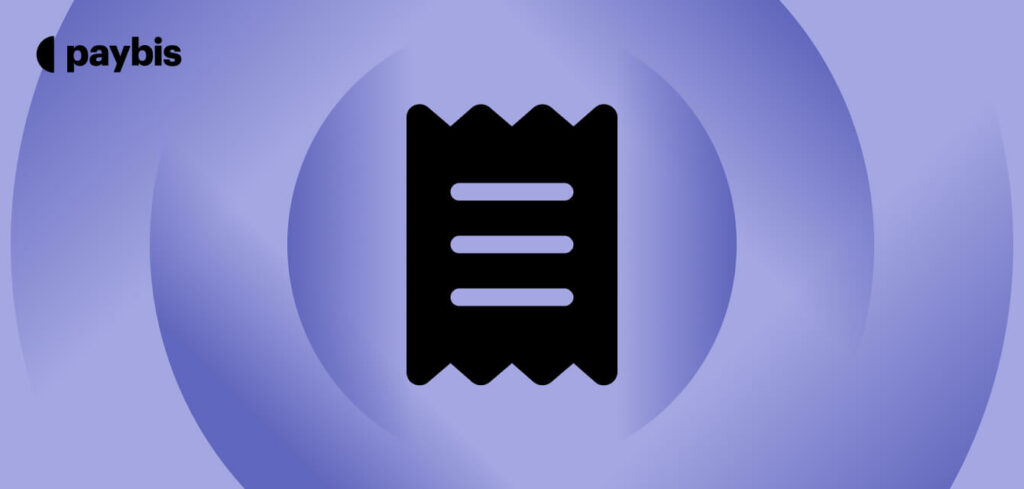Non-Fungible Token (NFT)
A Non-Fungible Token (NFT) is a unique digital asset stored on a blockchain, representing ownership or proof of authenticity for items such as artwork, collectibles, in-game items, or virtual property. Unlike cryptocurrencies, NFTs are not interchangeable.
What Is a Non-Fungible Token?
A Non-Fungible Token (NFT) is a blockchain-based token that certifies the uniqueness and ownership of a specific digital or physical asset. “Non-fungible” means each token is one of a kind and cannot be exchanged on a one-to-one basis with another NFT.
NFTs are typically built on smart contract platforms like Ethereum (ERC-721 or ERC-1155 standards), Solana, or Polygon. Each NFT contains metadata and a unique identifier that make it distinct from any other token on the network.
How NFTs Emerged and Why They Matter
NFTs first gained traction in 2017 with projects like CryptoKitties, which introduced the concept of digital asset collectibles stored on the blockchain. By 2021, NFT marketplaces such as OpenSea, Rarible, and Foundation fueled explosive growth, with artists, musicians, game developers, and brands using NFTs to monetize digital content directly.
The technology is valuable because it brings digital scarcity and verifiable ownership to an environment where copying files is effortless. Once minted, NFTs are recorded on the blockchain, creating an immutable proof of authenticity.
Key Use Cases of NFTs
NFTs have moved far beyond simple digital art. Common and emerging use cases include:
- Digital art & collectibles: Artists can sell unique, verifiable works without intermediaries.
- Gaming assets: In-game items like weapons, skins, and characters that players truly own and can trade.
- Virtual real estate: Land and property in metaverse platforms like Decentraland or The Sandbox.
- Music & media rights: Musicians can tokenize tracks, granting exclusive listening rights or royalties.
- Event tickets: NFT-based tickets can reduce fraud and enable resale royalties for organizers.
- Identity & credentials: NFTs can serve as verifiable, blockchain-based certificates or membership passes.
FAQ
How is an NFT different from a cryptocurrency like Bitcoin?
Bitcoin is fungible one BTC is equal to any other BTC. NFTs are unique; each represents a specific asset with its own value.
Can NFTs be copied?
The digital file an NFT points to can be copied, but the blockchain record proving ownership is unique and cannot be duplicated.
Do I need cryptocurrency to buy NFTs?
Yes. Most NFT marketplaces require cryptocurrency like ETH, SOL, or MATIC for purchases.
Are NFTs stored directly on the blockchain?
Usually, the NFT’s metadata and ownership record are stored on-chain, while the actual digital asset may be hosted off-chain using systems like IPFS.
Disclaimer: Don’t invest unless you’re prepared to lose all the money you invest. This is a high‑risk investment and you should not expect to be protected if something goes wrong. Take 2 mins to learn more at: https://go.payb.is/FCA-Info


